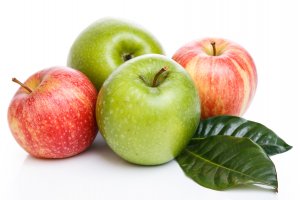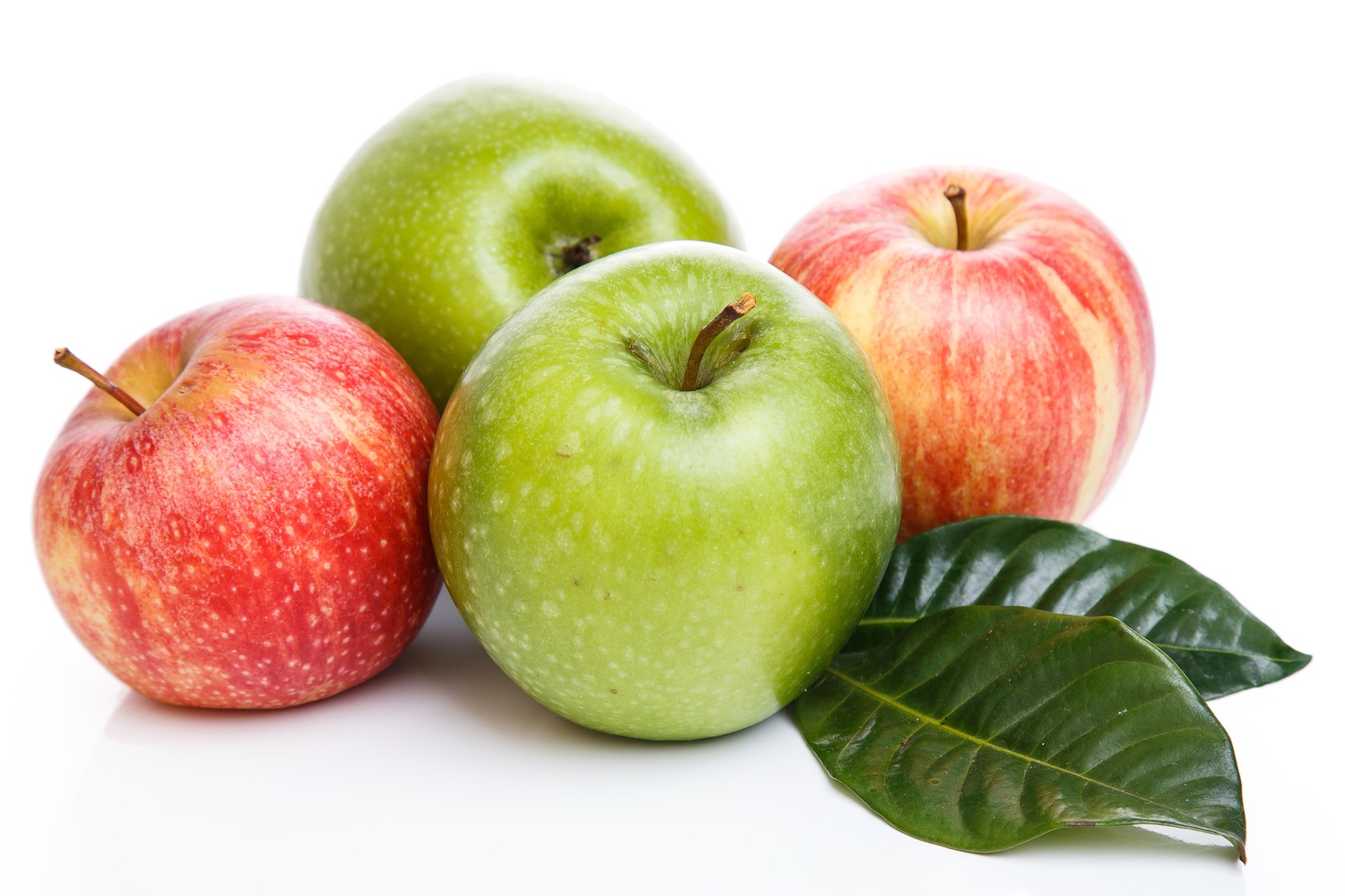Our bodies need nutrients to stay healthy. Some of these nutrients include vitamins and minerals, which support digestion and assimilation to keep our immune systems strong. Other nutrients we need are known as antioxidants. We mostly hear about these in relation to the prevention of the aging process, but what we don’t hear is how they improve immune health and fight inflammation, which actually create the anti-aging effect in the first place.
What do antioxidants really do?
Antioxidants act as merry little maids: They essentially go in and clean up toxic waste in the body, usher away harmful invaders, and act like a shield for our immune system. So while vitamins and minerals help improve our overall health and strength, and probiotics feed our gut and keep us in balance, we would be nothing without certain antioxidants to clean up and repair our bodies.
Many antioxidants exist, but some are more well-known and well-studied than others. A few you might recognize are vitamin C (which is actually an antioxidant and a vitamin), beta-carotene (which converts to vitamin A), lycopene, resveratrol, anthocyanins, curcumin, and one of the most recent to gain recognition, quercetin.
What is quercetin and how does it benefit us?
Quercetin belongs to a group of antioxidants known as flavonoids. Flavonoids are found in colorful foods, such as leafy greens and berries, and their pigment indicates their high antioxidant content. One of the most unique flavonoids is called quercetin. Quercetin is especially important when it comes to fighting disease and overall inflammation due to the specific benefits it has.
Here are some of the most prominent benefits of quercetin:
- Reduces inflammation associated with allergies by improving immune health and the histamine response in the body.
- Fights heart inflammation by reducing high cholesterol, improving arterial flow, and preventing buildup in the arteries.
- Fights joint inflammation by improving synovial fluid in the joints often diminished by an inflammatory diet.
- Aids mineral absorption and prevents the loss of bone density.
- Reduces inflammation in the skin that leads to rashes, hives and eczema by counteracting allergic responses.
- Reduces inflammation in the brain that can lead to Alzheimer’s and memory loss.
- Fights skin-related inflammation associated with aging caused by glycation and inflammatory foods (white sugar, bread, alcohol).
- Helps prevent or reduce the risk of inflammation associated with cancerous tumors, mainly in the prostate, colon, lungs, breast and ovaries.
How to get more quercetin in your diet:
Luckily for all of us, this antioxidant is found everywhere in nature! These are some of the best sources of this antioxidant:
- apples
- all berries
- buckwheat
- capers
- currants
- citrus fruits
- dark cherries
- dark chocolate (and cacao)
- grapes, raisins and red wine
- most greens
- wild leaves and lettuces
- peppers
- green tea
- onions
- olives and olive oil
- herbs (tarragon, parsley and sage)
If you can, pair some of these foods with other antioxidant-rich foods, such as vitamin-C rich options like pineapple, lemons, papaya, oranges, limes, broccoli and carrots. Vitamin C helps with the absorption of quercetin (along with iron), so it can be a great way to ensure overall health and optimal absorption of nutrients. Clearly, the best way to improve your antioxidant intake is to eat a variety of whole, healthy foods.
 A whole foods diet (especially made up of organic foods) has been shown to reduce inflammation in most forms and is one of the easiest ways to ensure you stay healthy. When you avoid processed foods and opt for whole foods, like those rich in quercetin and other antioxidants, you also reduce your risk for disease by supplying your body with the nutrients it needs — this will keep you strong and youthful as well. All you have to do is eat plenty of delicious, healthy foods in place of fast food and junk food.
A whole foods diet (especially made up of organic foods) has been shown to reduce inflammation in most forms and is one of the easiest ways to ensure you stay healthy. When you avoid processed foods and opt for whole foods, like those rich in quercetin and other antioxidants, you also reduce your risk for disease by supplying your body with the nutrients it needs — this will keep you strong and youthful as well. All you have to do is eat plenty of delicious, healthy foods in place of fast food and junk food.
There are so many meal and snack combinations we can create with quercetin-rich foods. Do you have any ideas for some delicious combinations?
— Dr. Joshua Levitt









